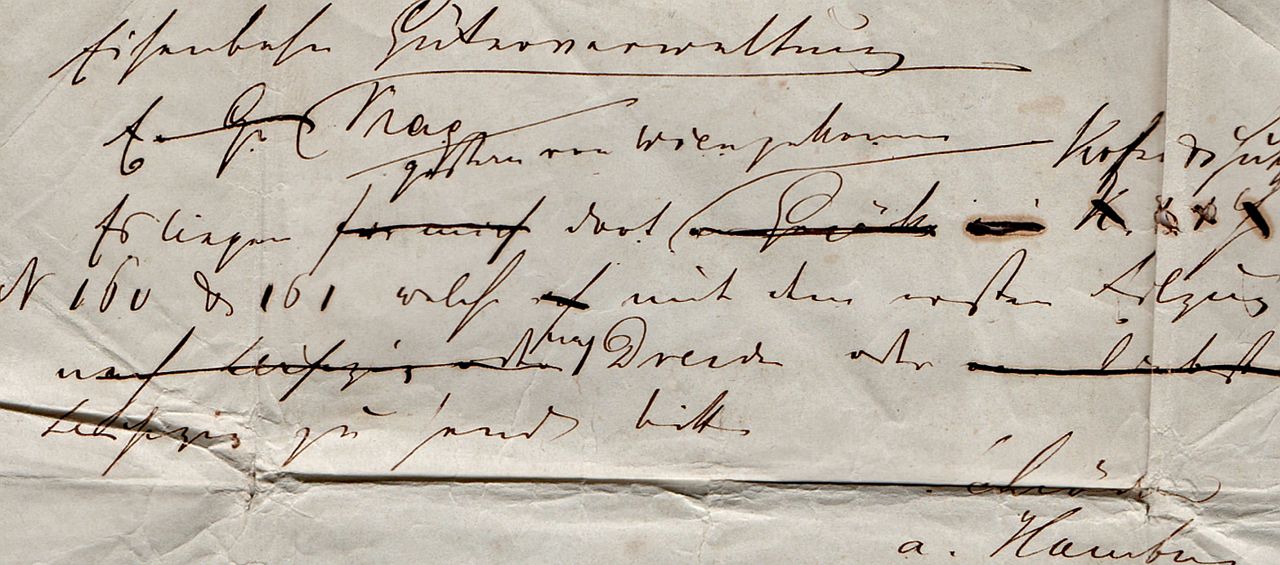There is a common misconception that it is possible to prevent a contest to your Will by giving away your property or assets while you are alive so that they are no longer available in your estate to contest.
This is not necessarily the case, especially if you live in NSW, which has some unique ‘notional estate’ laws. In NSW Part 3.3 of the Succession Act 2006 (NSW) allows the Court to undo a gift of property or assets a person has made while a person was alive and bring the property back into the person’s estate so that the Court can redistribute it when hearing a challenge against a person’s estate (called a ‘Family Provision Claim’).
When might my property be considered notional estate?
If an eligible person makes a Family Provision Claim against your estate after your death and there are insufficient assets in your estate to satisfy the claim the Court can order that property that you have given away to someone else prior to your death be designated ‘notional estate’
For particular property or assets to be considered ‘notional estate’ there must have been what is called a ‘relevant property transaction’. A relevant property transaction occurs when a person does something (or doesn’t do something which they could have done) while they are alive which causes their property to be owned by another person, and they don’t receive the full value of the asset in exchange.
Timing is also important. There are some restrictions on when this relevant property transaction occurred before the property can be designated notional estate. The relevant property transaction must have occurred:
- Within three years of the date of death with the intention of denying a family provision claim
- Within one year of the date of death if during that time the deceased had a moral obligation to provide for an eligible family provision claim applicant; or
- On or after the deceased’s death.
What kind of assets can be designated notional estate?
Gifts
A classic example of assets that may be captured as notional estate are assets that a person has transferred or gifted to someone else for less than full value. This is often relevant where property has been given away to other family member prior to passing away with the intention of avoiding a family provision claim.
Joint Assets
When a person dies, and they own property jointly with another person, that property will automatically pass to the other person. While they are alive, a joint owner of property has the power to ‘sever’ that joint ownership (which means that each person will separately own 50% of the property). By doing so, they will cause their share of the property to form part of their estate instead.
A failure to sever joint ownership can be a Relevant Property Transaction – which means that the Court can potentially pull the person’s share of that property into the estate and distribute it when hearing a family provision claim.
Superannuation
Superannuation is not ordinarily considered to be an estate asset (unless it is paid by the fund trustee into that person’s estate). However, many superannuation funds allow a person to nominate where their superannuation will go when they die by preparing a ‘binding death benefit nomination’. The act of making (or failing to make) a binding death benefit nomination can also be designated a ‘relevant property transaction’ by the Courts.
For example, a superannuation death benefit payable from a superannuation fund to a nominated beneficiary would not ordinarily be considered an asset of an estate. However, a superannuation death benefit may be captured by the notional estate provisions as an asset that the deceased had control over and by way of an act or omission of nominating a beneficiary or failing to direct the death benefit to their estate, has been transferred to someone else without valuable consideration.
Consequences
The effect of the notional estate provisions in NSW is to make it harder for people to defeat a family provision claim by an eligible claimant by giving away their property before they die, or creatively structuring their assets to stop them from forming part of their estate prior to their death. For persons that have been excluded or inadequately provided for under a Will, this opens up the assets available to satisfy their claim to a much greater extent than in other jurisdictions.
For estate planning, this makes it more important than ever to seek professional legal advice when preparing your Will – especially when there is a risk of that Will being contested. Since the timing of transactions is very important when considering the impact of notional estate laws, it also means that it is important to put in place your estate planning strategy early.
If you require advice about notional estate or a Will or estate matter more generally, Elringtons lawyers have a qualified and reputable team of estate planning and estate administration solicitors ready and willing to assist you.
Further reading

elringtons lawyers regularly provide legal advice in relation to a range of estate matters. Please contact our Wills and Estate Planning Team for more information or to make an appointment call (02) 6206 1300











